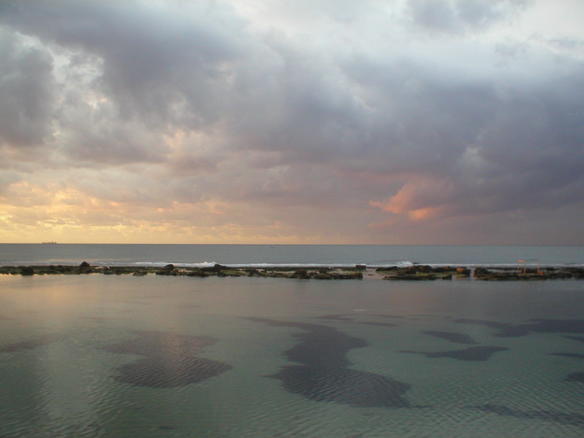Libyan Civil Society and the Rule of Law

As promised - a bit more the work I will be doing this summer!
USIP has been working in Libya since the start of the revolution in 2011, advising the National Transitional Council’s stabilization team and working with the emerging civil society sector. Shortly before I started at USIP my supervisor returned from a trip to Libya. While she was in Libya she met with people and organizations working on building the rule of law in the new Libyan state. One issue that came up several times during the meetings was how civil society organizations could contribute to a rule of law culture in Libya.
A complex question to start with, any answer is further complicated by the fact that prior to the revolution, Libya had no independent civil society. Part of Qaddafi’s strategy to maintain control over Libya was to prevent formation of any institutions that might be capable of opposition - including civil society organizations. In early 2011, as Libyan rebels gained control of parts of the country, the beginnings of civil society emerged. Acting alone or in organized groups, citizens stepped in to provide services that the state could not. They kept power plants running, cleaned up schools and hospitals, sent food and medicine to front lines, and recruited workers to keep local businesses running.
Now, with Qaddafi gone, people are eager to get involved in the new state. They are determined to build the best Libya possible. Many organizations that emerged during the conflict want to switch their focus, from providing for emergency needs to helping to build a democratic state with strong citizen participation. However, over 40 years of dictatorship with no opportunity to participate in governance has left many Libyans without basic knowledge as to how to citizens can engage with a democratic state.
As a result, Libyans are simultaneously faced with questions ranging from the highly theoretical - how civil society can contribute to the rule of law, to the more concrete - how to mobilize people behind a political issue.
This summer I’ll be looking at some of the challenges faced by civil society under similar conditions and successful responses to these challenges. By studying what has happened in other countries, I hope to gather and organize information to give Libyan civil society some options for facing the challenges ahead.